An Optimal Transport Based Goal-Oriented hr-Adaptive Mesh Pursuit
Please login to view abstract download link
The numerical results provided by approximation methods for partial differential equations such as the finite element method are tainted with errors compared to the exact solution of the problem. These errors can come from multiple sources, e.g., discretization, numerical linear algebra, linearization, uncertainties in the input data. After carrying out a numerical simulation, it is then essential to control the error in order to certify the numerical results. One thus generally performs an estimation procedure aiming at quantifying this error, and, if necessary, a new adapted approximation space is produced in order to reduce this error and obtain more reliable results [1,2,4,5,9]. Further, when one is concerned with specific outputs of interest of the solution rather than the solution itself, one may consider an adjoint problem and rely on dual-based error estimates [3]. The main objective of this work is to improve this so-called goal-oriented estimation-adaptation procedure. We propose to use techniques from the optimal transport community for mesh refinement. The idea stems from the observation that during a standard estimation-adaptation procedure, the errors tend to be equally distributed among the elements. Indeed, starting from a uniform mesh exhibiting non-uniform errors, the procedure tends to produce a non-uniform mesh exhibiting uniform errors. In optimal transport [7,8], the objective is to estimate the lack of uniform density and to obtain a transformation to produce a uniform density, allowing to modify a measure into a target measure, e.g., a uniform measure. We thus introduce and analyze a new method for goal-oriented mesh adaptivity based on optimal transport. The proposed method aims at equidistributing the local errors in the finite element mesh by moving mesh vertices to their optimal locations (r-adaptivity), which are defined as the solution of an optimization problem related to optimal transport [6]. Then this approach is iteratively coupled together with a more standard refinement algorithm (h-adaptivity) hence the name hr-adaptive mesh pursuit. We will numerically illustrate the proposed approach and its performances with results obtained from selected academic problems in 1D and 2D, showing that our new method, explicitly targeting the objective of equidistributing the errors using optimal transport techniques, can generate meshes competitive with those obtained from standard adaptation procedures.

